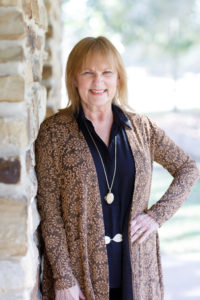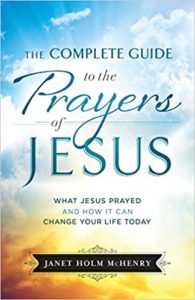 Why does it sometimes seem to take so long for God to answer our prayers?
Why does it sometimes seem to take so long for God to answer our prayers?
We cry out to God, knowing—believing—that all God has to do is speak the word and He can give us what we want.
We cry out. We ask. We believe.
Sometimes the answer comes quickly, and we’re amazed and blown away by the wonder of His answer. And sometimes it’s a clear “no” as Janet talked about in her post last week.
But other times—many times– we wait while answers seem to hang suspended in the heavens. We can’t see them. Nor hear them. Nothing seems to be happening. Our prayers go unanswered.
And then come the doubts. Does He not hear? Does He not care? Why must we suffer through the distress of unanswered prayers?
Why?
The Potter
God is our Father, our Provider, our Advocate, our Strong Deliverer, our Refuge and Strength. But another one of His roles in our lives is that of the Potter. He is the Author and Perfecter of our faith, the One who searches hearts and minds,
He loves us exactly like we are, but He, our Creator, can also see the breathtaking beauty within us that still lies rough and unshapen amidst the confusion of our souls. He is the potter taking the warm clay of our lives in His hands to mold us into what He envisioned us to be at the moment of our conception.
Why must we wait? Why do our prayers go unanswered? Sometimes it’s because He loves us so very much that He wants to bring out that beauty within us. And sometimes we wait while God kneads and molds the life of someone close to us, someone who is watching us, someone who needs the touch of God on their life.
It may be a prodigal child, a spiritually lost spouse, or a parent who has yet to meet the Savior. It may even be a friend who watches us from afar to see the miracle of God’s love grow deep and bold within us as we look to Him in faith.
But all this takes time and surrender.
When prayers go unanswered and we wait anxiously for an answer, God may be waiting for us to acknowledge His role as potter and surrender our pain to the potter’s wheel where He can turn it into the lustrous gold of eternal praise and glory to His name.
A Bigger Plan
He is our Emanuel, God with us. He has not abandoned us. He is here, and He has a plan. His plans are higher than ours and have a breadth of purpose we cannot comprehend, but He promises that if we love Him and are called according to His purpose, it will all work together for good.
When we wait through the disappointment of unanswered prayers, we give God time to carry out His plans for us and those we love.
1 Peter 1: 6-7 says: “You rejoice in this, though now for a short time you have had to be distressed by various trials so that the genuineness of your faith—more valuable than gold, which perishes though refined by fire—may result in praise, glory, and honor at the revelation of Jesus Christ.” (HCSB)
If this is where you are right now . . . if your prayers seem to have gone unanswered, place your prayers on the altar where God can take them and breathe new life into your dreams and desires so He can carry out His perfect will for your life. Wait on Him. Let the Potter do His work. He knows how to create beauty from the ashes of unanswered prayers.
if you want God’s spirit refreshed and renewed in your life—offer up the following song as a prayer to Him.















